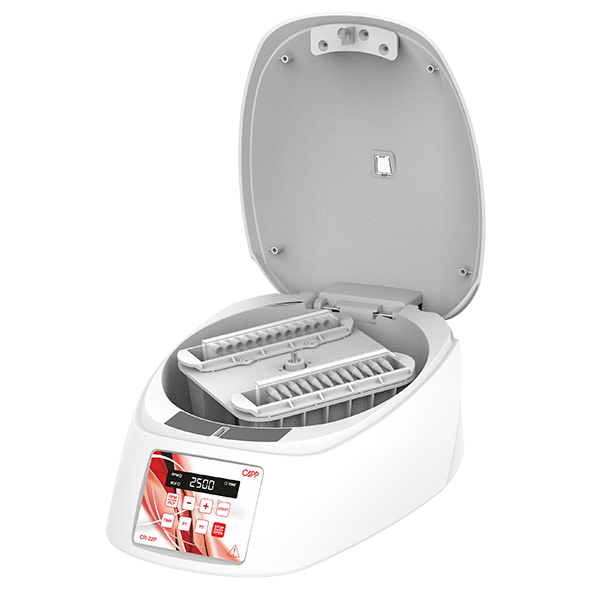Product gallery

1
Max Speed: 2.500 RPM / 462xg (Max RCF)
2
Capacity: 2 PCR plates (96 & 384 well)
3
Ideal for multiple applications
such as: molecular biology, immunology, microbiology, genetic engineering, proteomics research, etc.
